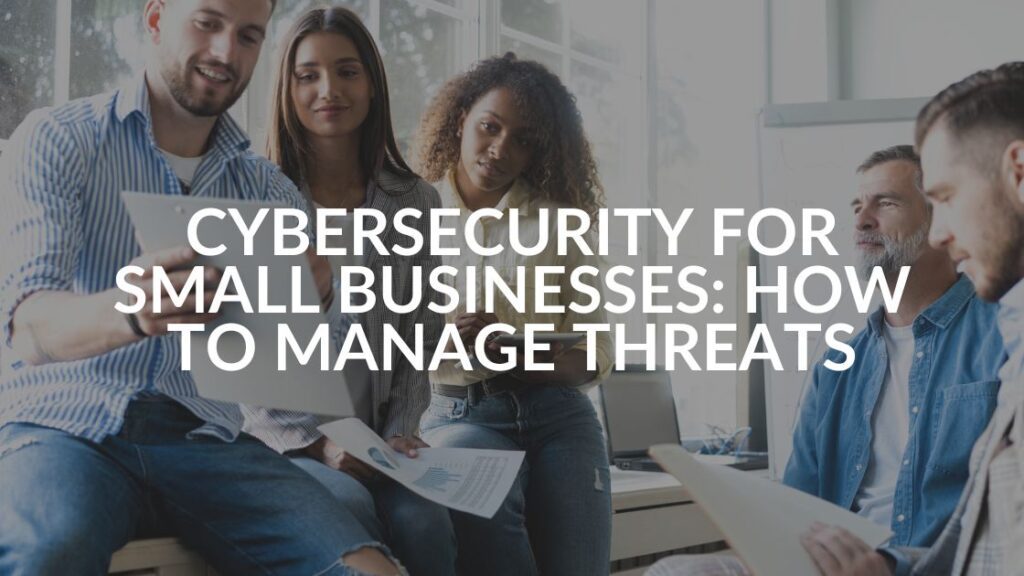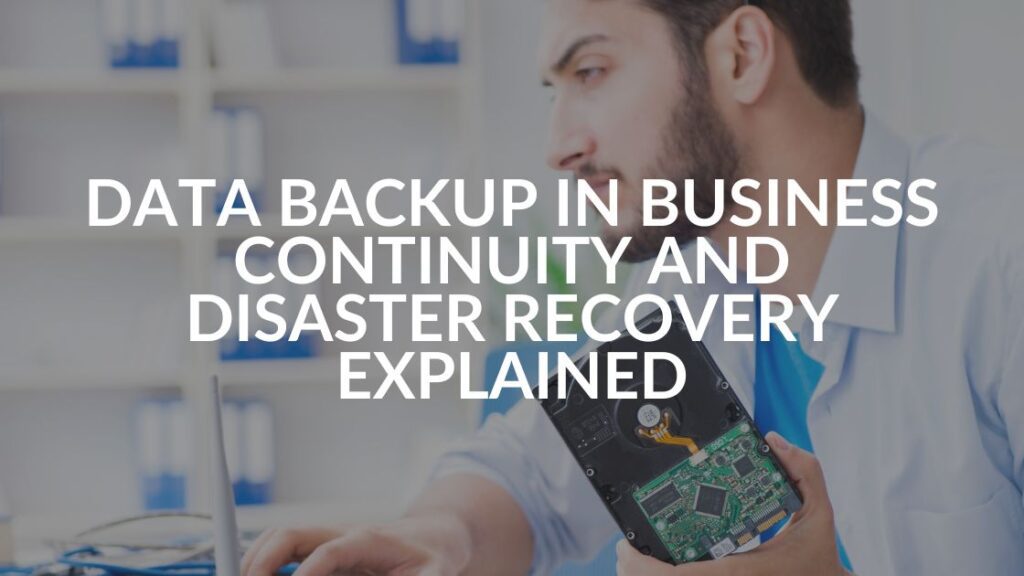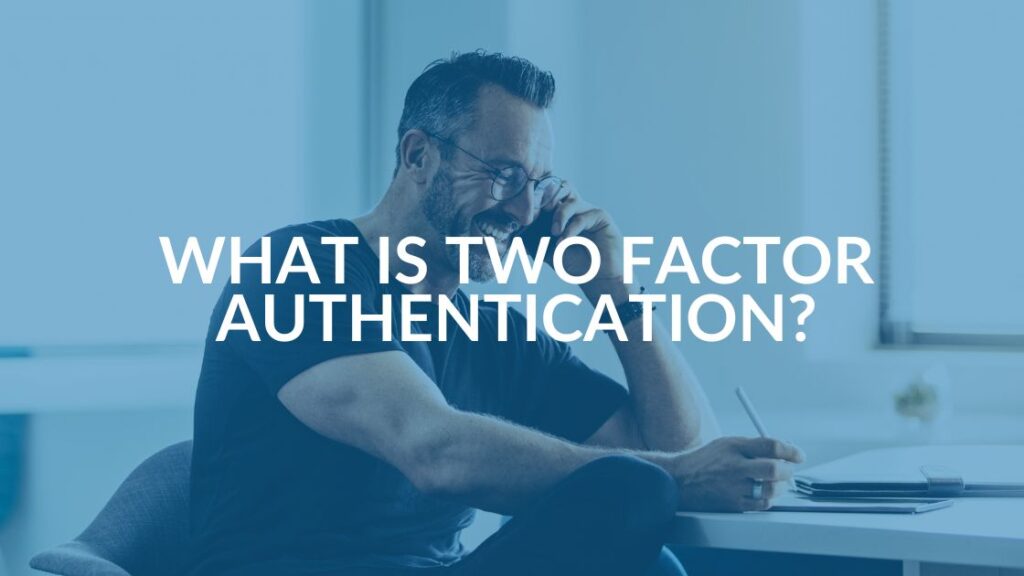7 Business Cyber Security Tips for the Holidays

The holidays are a time of giving, but for hackers, it’s a prime opportunity to steal data and money. Companies are the most susceptible to these nefarious attacks, especially if they have limited resources set aside for business cyber security.
To protect your company, customers and vendors, you should take steps to secure your network. Here are seven business holiday cyber security tips to help safeguard your assets from online Grinches:
1. Adopt a Cyber Security Policy
It may seem obvious, but many companies don’t have cyber security policies and procedures in place, even though they should. If your company doesn’t have any written policy, then a good first step is to create a plan of action so that your organization can react appropriately and effectively.
However, if your company does have a cyber security policy, then you should review what steps need to be taken to protect yourself and your organization.
2. Be Careful With Emails
During the holidays, phishing and ransomware attacks increase. Everyone should be extra cautious about emails offering special deals and discounts. These attacks are highly sophisticated, with the appearance of an official message from major companies.
Bogus emails with malicious attachments or URLs could quickly unleash ransomware into your network. Phishing messages can also be delivered via SMS, instant messaging and social media. Be aware of these threats and educate your staff about how they work. Encourage employees to exercise caution before clicking URLs or downloading files attached to emails.
3. Use Strong Passwords
One of the easiest ways to prevent hackers from accessing sensitive information is to use strong passwords. You should never reuse passwords across different websites; instead, make sure each password is unique and difficult to guess.
Hackers often try to guess users’ passwords using names, birth dates and other personal details. For robust password security, it’s best to use a password manager. These tools store all your important passwords in one place so that they can’t be accessed by anyone else. They also generate secure random passwords for you.
4. Keep Software Up to Date
Software updates are important for business cyber security because they can fix bugs, add new features or improve security and performance. If you don’t update your software regularly, you risk being exposed to malware attacks and other threats. Additionally, some organizations require employees to update their software before they can access certain systems.
You should always install the latest version of your software and operating systems. This way, you get the newest features and fixes, as well as prevent potential cyber threats before they affect your device or network.
5. Back Up Data Regularly
Backups are critical to protecting data from loss due to hardware failure, natural disasters and cyber attacks. Whatever the situation, you need to be able to recover your files. Back up your files on an external hard drive or in the cloud so that they’re easily accessible.
6. Practice Caution With Public Wi-Fi
Always take caution when connecting to public Wi-Fi, even when the network appears secure. Hackers can easily intercept your personal and financial information, so you’ll want to avoid using public Wi-Fi or limit your activity while connected.
7. Train Your Employees
Hackers are becoming smarter and more sophisticated every day, inventing new techniques to steal information from companies and individuals. Invest in cyber security training for employees to help them become better equipped to handle online threats, making cyber attacks less likely to succeed.
Strengthen Your Strategy for Business Cyber Security
The holidays are a time of celebration and joy, but they also bring out scammers. Cybercriminals are always looking for ways to exploit vulnerabilities and gain access to sensitive information, which is why they often target companies during the holiday season. Give yourself peace of mind by bolstering your business cyber security. Book an appointment with us to protect your company against online attacks during the holidays — and beyond.
Share this Blog
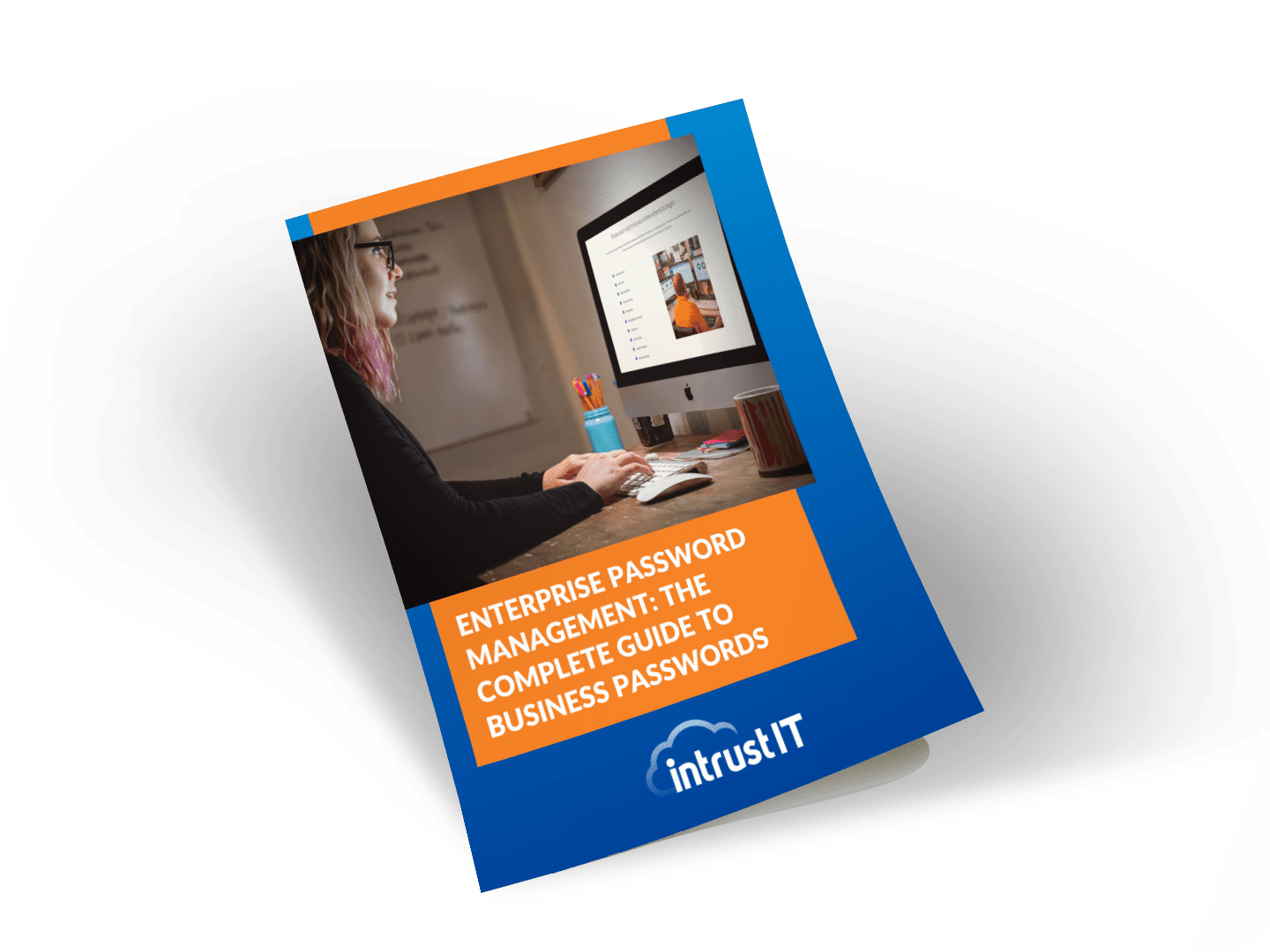
Is Your Name or Birthday a Part of Your Password?
If so, you’re a part of the 59 percent of people who don’t follow proper password hygiene. More than 70 percent of passwords are used for more than one system, meaning if cybercriminals crack one, they can access a lot more accounts.
Our free Enterprise Password Management Guide will give you the best password hygiene practices to help you secure your computer and your business.
Download the Guide
Explore the Latest Trends in IT
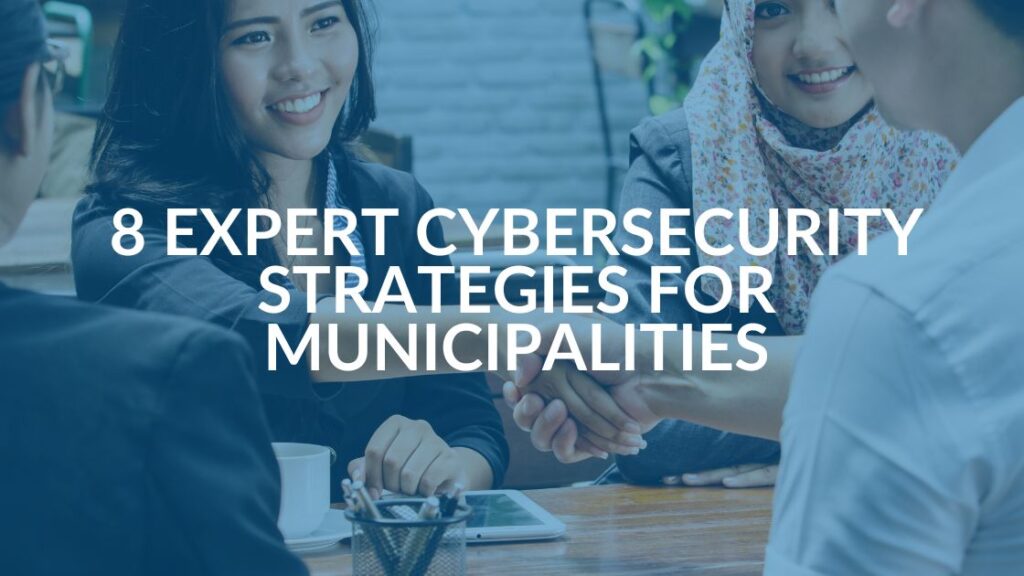
Cybersecurity Strategies for Municipalities: 8 Expert Tips

Business Continuity Guide for City Officials
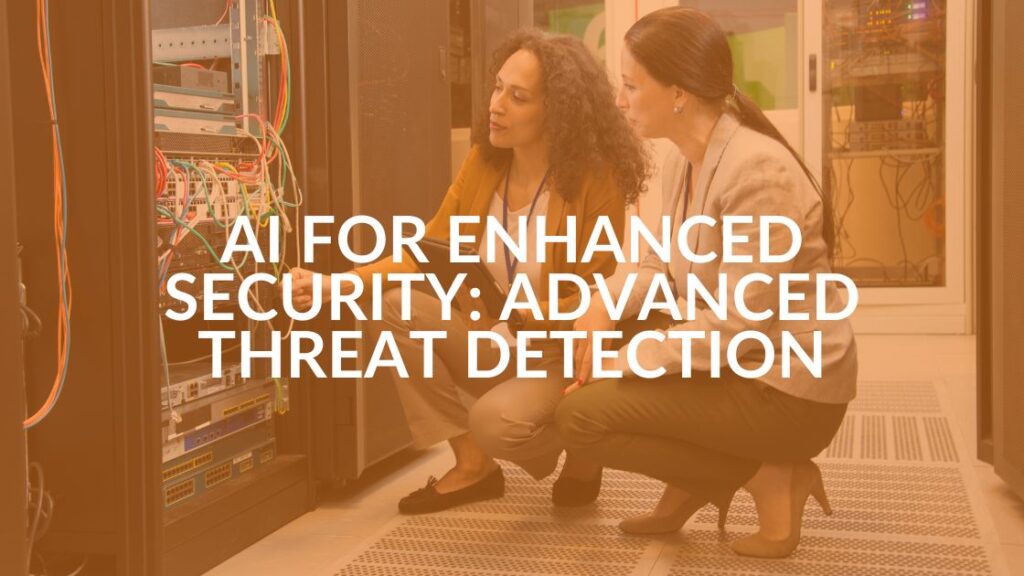
Integrating AI for Enhanced Security
